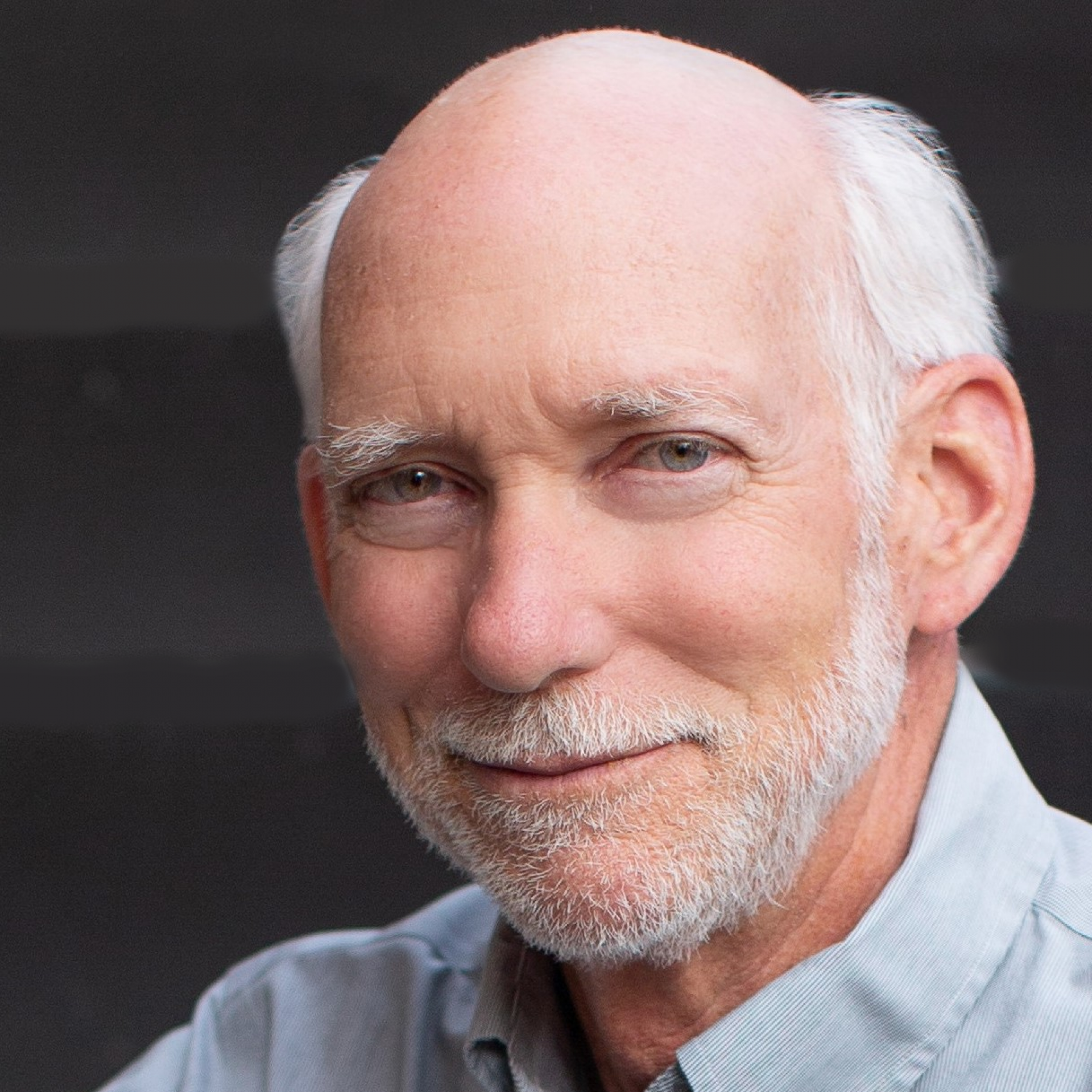The Thin Book of Trust an Essential Primer for Building Trust at Work
Introduction: Charles Feltman is the founder of Insight Coaching based in California where his work concentrates on two main areas: Coaching Individuals and Teams and developing Leadership Team & Leadership Development Programs. Charles completed his coach training program with Newfield in Colorado. He holds a BA in Psychology from U.C. Santa Barbara and a Master’s in organisation development & communication from the University of Southern California. Charles is also an author. He has written a book on Trust called The Thin Book of Trust ; an essential primer for building trust at work.
Podcast Episode Summary
Charles Feltman illuminates the four distinctions of Trust that comprises his framework, working with Leaders, Teams and Individuals. The episode discusses how trust is eroded, the many strategies that are deployed on teams and in organisations when trust is absent and how to rebuild trust effectively.
Points made over the episode
- Charles discovered the subject of Trust early on in his college years when he was often asked to mediate issues on campus
- So many issues he entertained at work had something to do with Trust.
- When he launched his own Consulting and Coaching Business clients often came with issues where trust was often problematic.
- His coach training program at Newfield introduced him to 3 distinctions of Trust; Sincerity, Reliability and Competence and even then he felt something was missing
- Charles stumbled on the academic literature pertaining to trust and there he found the term “benevolence” He added Care as his final distinction for his framework on Trust
- People often fail to understand that Trust is an assessment related to our standards with respect to behaviour.
- People often fail to communicate their standards for behaviour and immediately assume the other as untrustworthy. Communication is missing
- We tend to operate with an on/off switch when it comes to determining whether someone is trustworthy.
- Sometimes we are in the land of gradation with Trust and we are suspicious of its absence. Then we tend to look for all the ways our suspicion can be confirmed. This is called confirmation bias
- “Trust is defined as choosing to risk making something you value vulnerable to another person’s actions” Charles Feltman
- Trust is behaviour laden. The Academic World had a very complicated definition that Charles made more accessible
- “We are never so vulnerable then when we trust someone and paradoxically if we cannot trust neither can we find love or Joy” Walter Anderson
- Love and Joy should be part of everyone’s work life and it is the reason Charles works in the arena of Trust
- Often the work of Coaching is helping a client be vulnerable to themselves
- Wise Trust is choosing to make a wise risk assessment to trust – knowing that an on/off switch does not hold much wisdom
The Four Distinctions of Trust
- Care: Is the assessment you have my interest at heart or at the very least we have shared interests and when we care like this we are free to work easily with each other. The most important behaviour associated with care is listening.
- Sincerity: Is the assessment you are honest and integral in your actions. Every interaction is an opportunity to build or damage trust. The assessment of sincerity is that I trust your intentions and know that you are open and honest with me not simply in terms of your logic but emotionally as well
- Reliability: Is the assessment that I can trust your commitments. I can trust the strength of your commitment. Reliability is the domain that is often most problematic on teams
- Competence: Is the assessment that you have the capacity, skill and knowledge to do what you say you will do. This domain has a lot to do with standards and getting really clear on our respective standards often limits the speed by which we race to mistrust.
- We often collapse the four distinctions of trust and simply rush to mistrust.
- Whilst there is a huge degree of interdependence between the four distinctions it is helpful to take them apart first to really become familiar with the distinctions
- Distrust is often talked about more on teams than trust. Teams need to have the conversations about trust
- If teams engage in trust conversations to understand the difference between assessments and assertions mileage can be made
- If the Leader is deemed the person who is creating distrust on the Team, Charles will coach the leader before he works with the team
- Trust is a precondition for Psychological safety and for belonging.
- Working through a complex issue requires of teams to be uncomfortable but if the team doesn’t feel safe it will likely not show up fully and engage in strategies for protection, strategies like resistance, avoiding, arguing, ignoring or direct attack
- As a Leader and member on a team is important to become aware. Notice if we are engaging in confirmation bias.
- Distrust uses the same brain structure, circuitry, biochemistry associated with the Fight/Flight/Freeze patterns. As human we have to learn to manage our knee Jerk reactive patterns
- Curiously both networks, The Trust Network and Distrust Network in the brain can operate simultaneously. By paying attention we can deploy wise trust
- Remember Trust is a two way street. It is not an off/on switch. It can be built and rebuilt through intentional conversations
The Resources shared
- The Thin Book of Trust: an essential primer for building trust at work available at www.landtoninfo.co.uk



